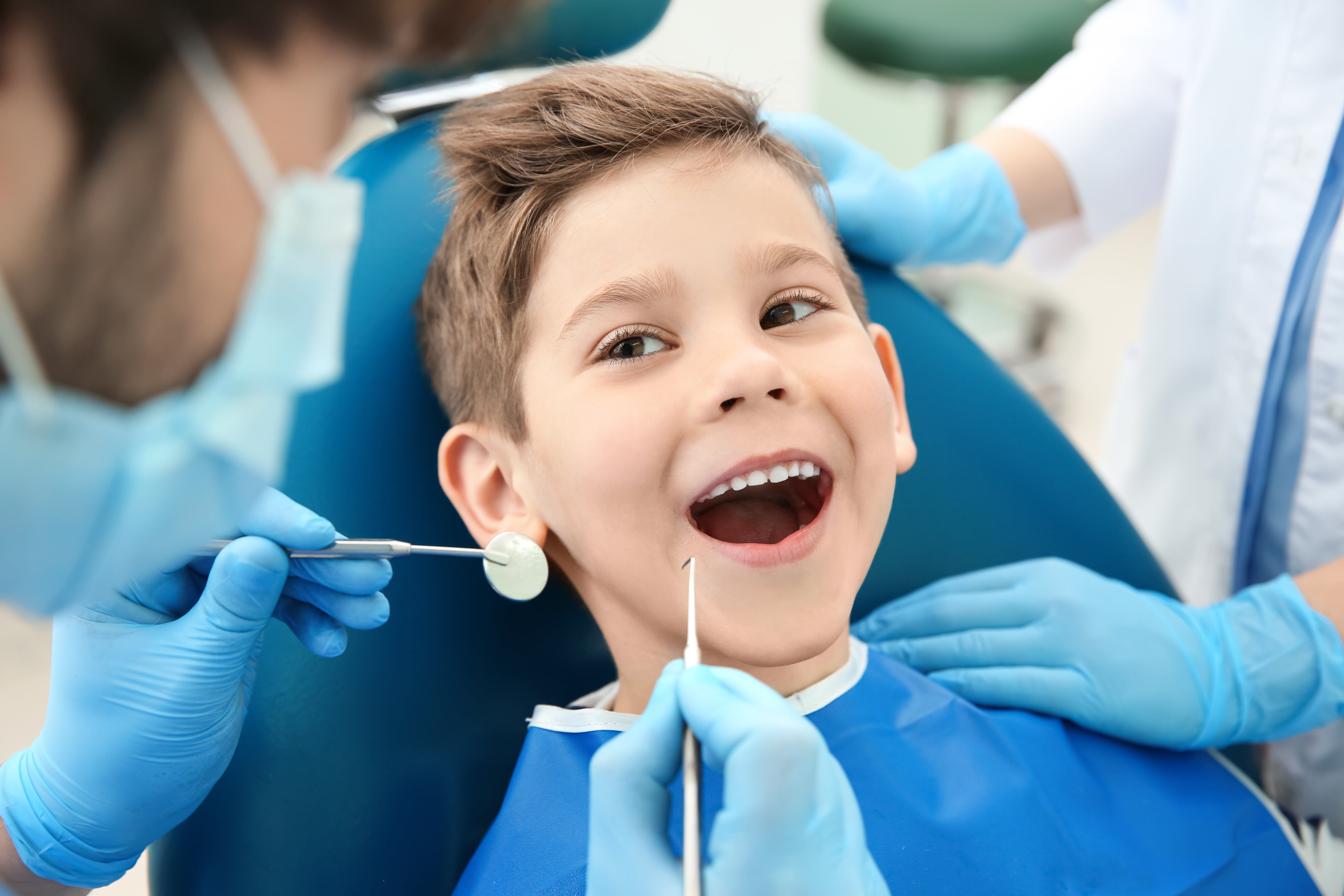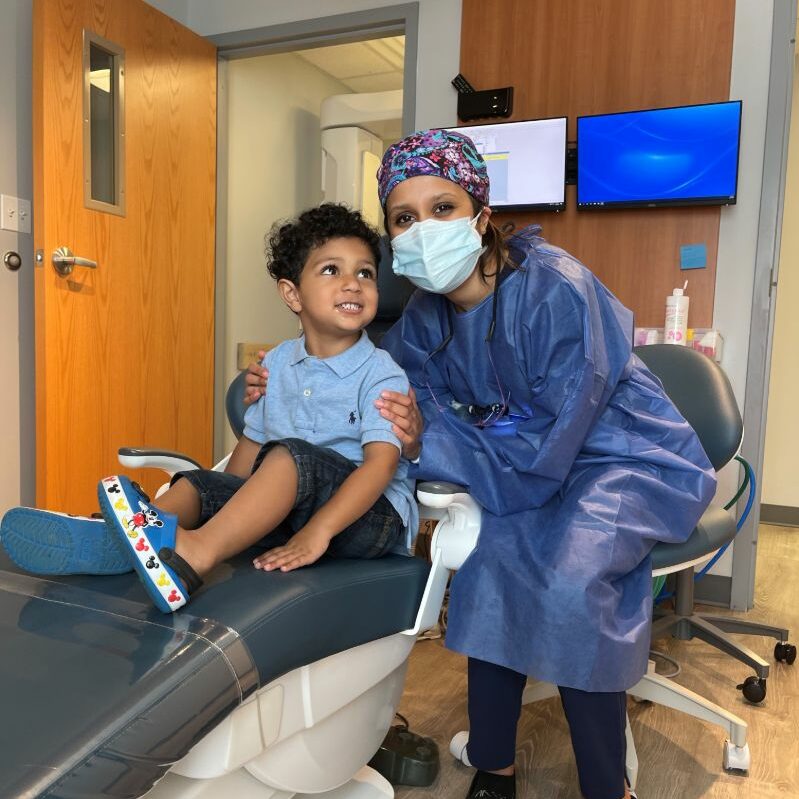Pediatric Dental Emergencies: What Parents Required to Know for Quick and Effective Treatment
In the world of pediatric healthcare, dental emergency situations can develop all of a sudden, leaving moms and dads uncertain of how to handle the situation properly. Recognizing the indications, sorts of injuries, and immediate activities to take can make a significant difference in the end result for a child's dental wellness. With a quick and proper response, parents can alleviate potential long-lasting effects and ensure their kid gets the necessary care immediately. By being prepared and educated, parents can play a vital duty in safeguarding their kid's oral health.
Signs of Pediatric Dental Emergencies
When examining pediatric oral emergencies, it is vital for parents to be attentive for particular indicators indicating prospective significant issues. One of the primary signs of a dental emergency in children is persistent tooth pain that is not minimized by non-prescription pain medicines. This could indicate an underlying infection or damages that needs instant focus from a dental professional. Swelling in the periodontals, face, or jaw location is an additional warning that must not be neglected, as it can be an indication of an abscess or various other major dental condition.

Usual Types of Dental Injuries
Usual kinds of oral injuries in children often result from accidents or sports-related tasks that can lead to different kinds of injury to the mouth and teeth. One typical dental injury is a fractured tooth, which can range from a small chip to a much more extreme break involving the internal layers of the tooth. Youngsters may likewise experience dental injuries like tooth invasion, where the tooth is pushed right into the jawbone, or avulsion, which is the total variation of a tooth from its socket.
Immediate Emergency Treatment Steps
Upon experiencing a pediatric oral emergency, swift and ideal first help measures are essential to ease discomfort and prevent additional complications. For a knocked-out tooth, advise the youngster to gently wash the tooth with water, attempting not to touch the origin, and area it back in the socket if possible. If re-implantation is not practical, store the tooth in a Going Here container of milk or the kid's saliva till getting to the dental practitioner.
When to Seek Specialist Assistance
Seeking prompt dental care from a pediatric specialist is critical in dealing with prospective difficulties arising from pediatric oral emergencies. Parents need to look for specialist assistance quickly if their kid experiences severe tooth pain, facial swelling, bleeding that does not quit, is my dentist in network a knocked-out permanent tooth, or any trauma to the mouth or face. These indicators indicate a severe dental issue that requires instant attention from a pediatric dental expert.
In addition, if a youngster suffers relentless tooth sensitivity to warm or chilly, problem chewing or ingesting, or indicators of infection such as pus around the gums, parents should not delay in looking for expert dental care. These signs and symptoms can indicate underlying oral problems that require to be attended to promptly to stop more issues.
In situations of dental emergencies, it is important for parents to call a pediatric dental practitioner immediately to ensure correct medical diagnosis and therapy - kid dentist near me. Delaying professional aid can cause exacerbated dental problems and prolonged discomfort for the youngster

Preventing Future Oral Emergencies
To minimize the chance of future oral emergencies, moms and dads ought to focus on constant dental hygiene methods and regular check outs to a pediatric dental professional for preventative care. Urging children to brush their teeth twice a day with fluoride tooth paste and instructing them the appropriate method look at these guys for 2 mins each time can significantly decrease the danger of dental issues.
Regular sees to a pediatric dental professional for examinations and cleansings are important for very early detection of any kind of potential oral troubles. These appointments allow the dental expert to monitor the child's dental health and wellness, give professional cleanings to get rid of plaque and tartar build-up, apply fluoride therapies for added protection, and offer support on appropriate dental care strategies.
Conclusion
Finally, parents need to understand the signs of pediatric oral emergencies, typical types of oral injuries, prompt emergency treatment steps, and when to look for expert assistance. By taking proactive actions to avoid future oral emergencies, parents can make certain quick and efficient treatment for their kids. It is very important to stay educated and prepared in order to manage any type of oral emergency situation that may arise.